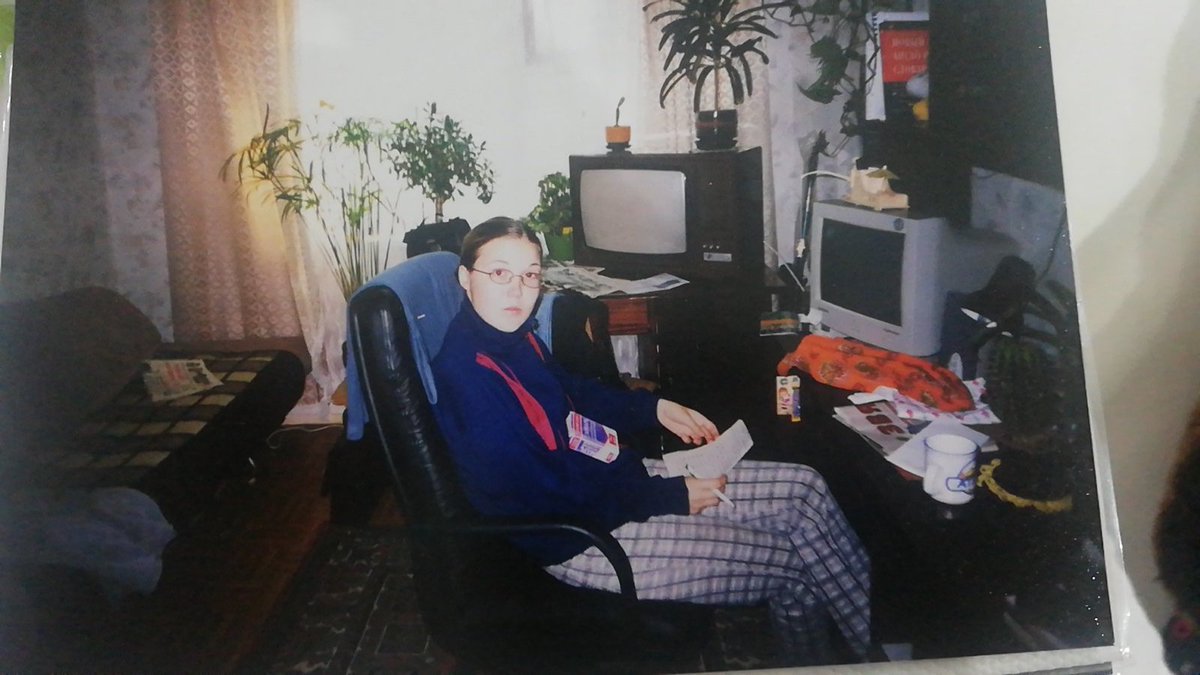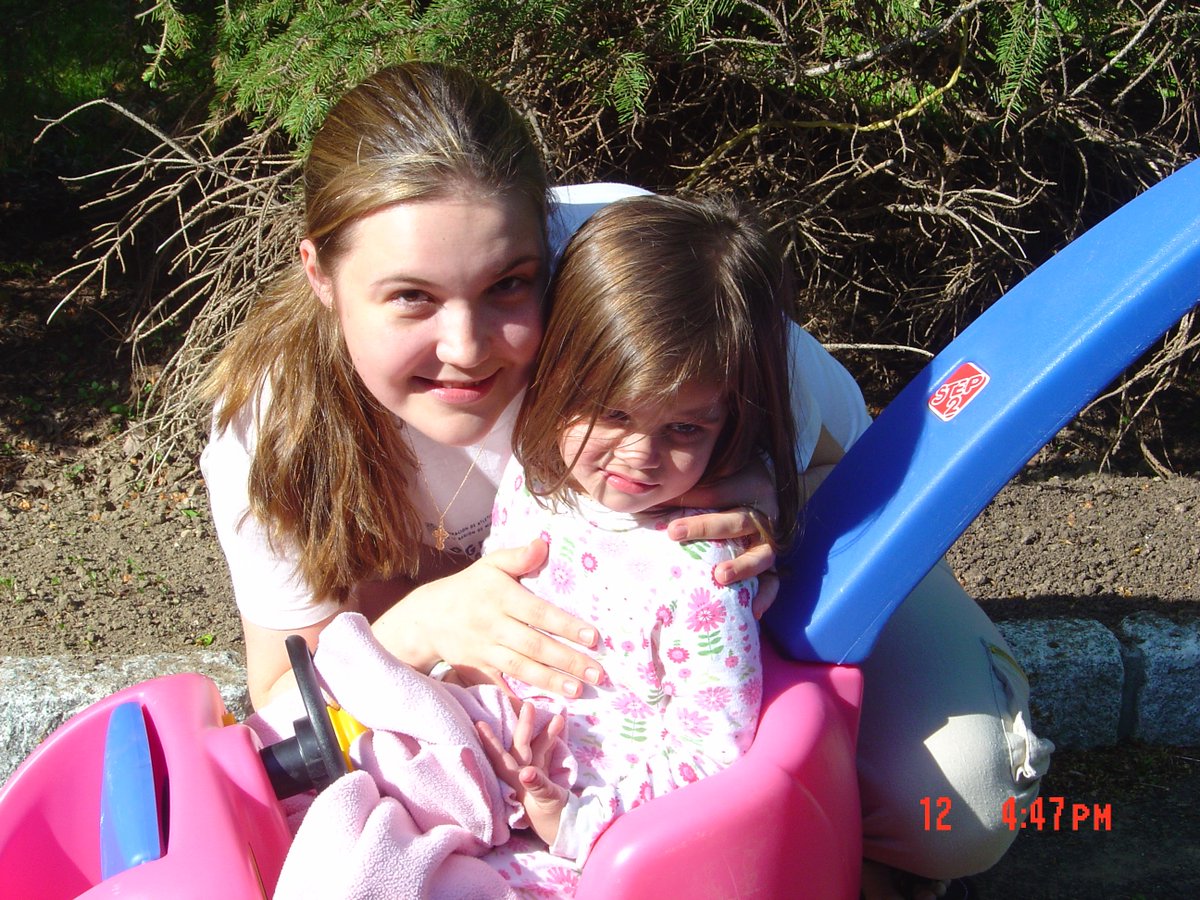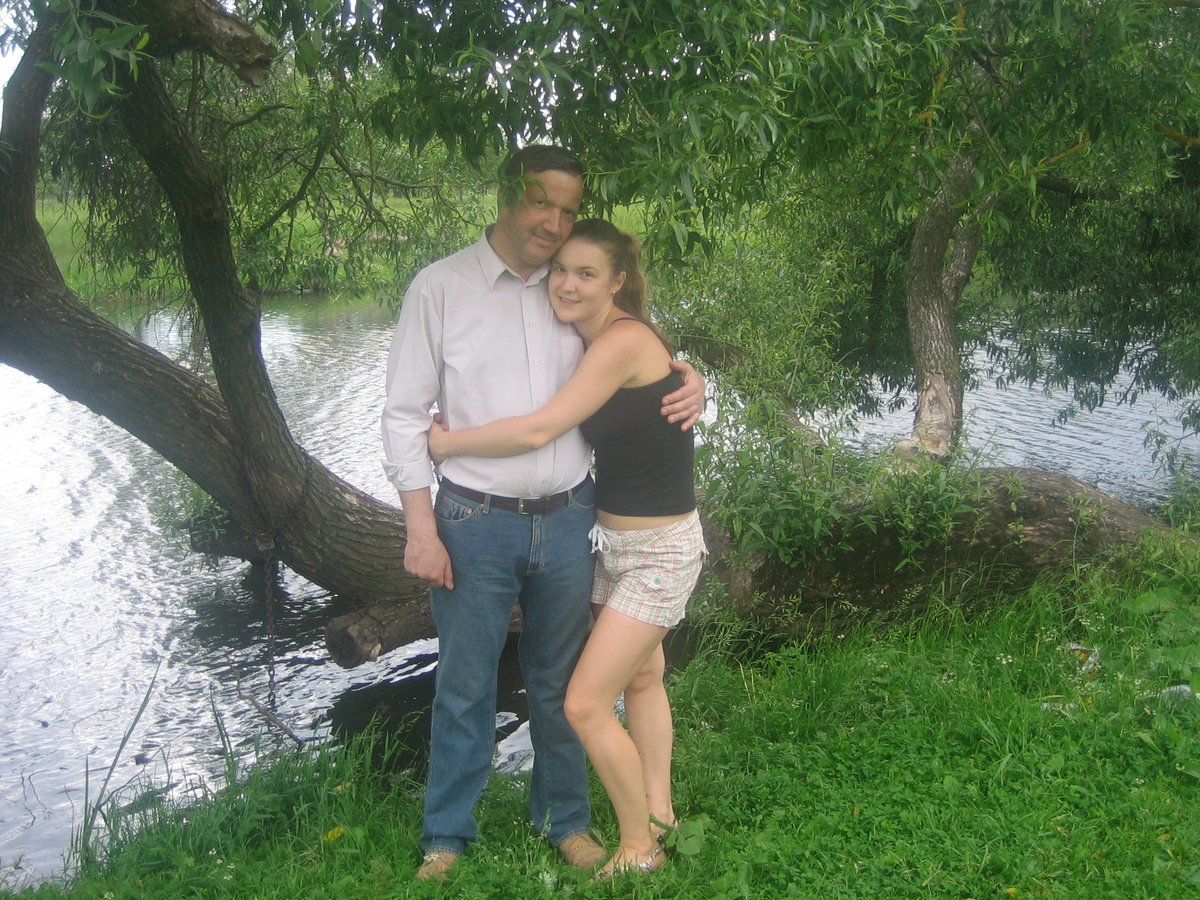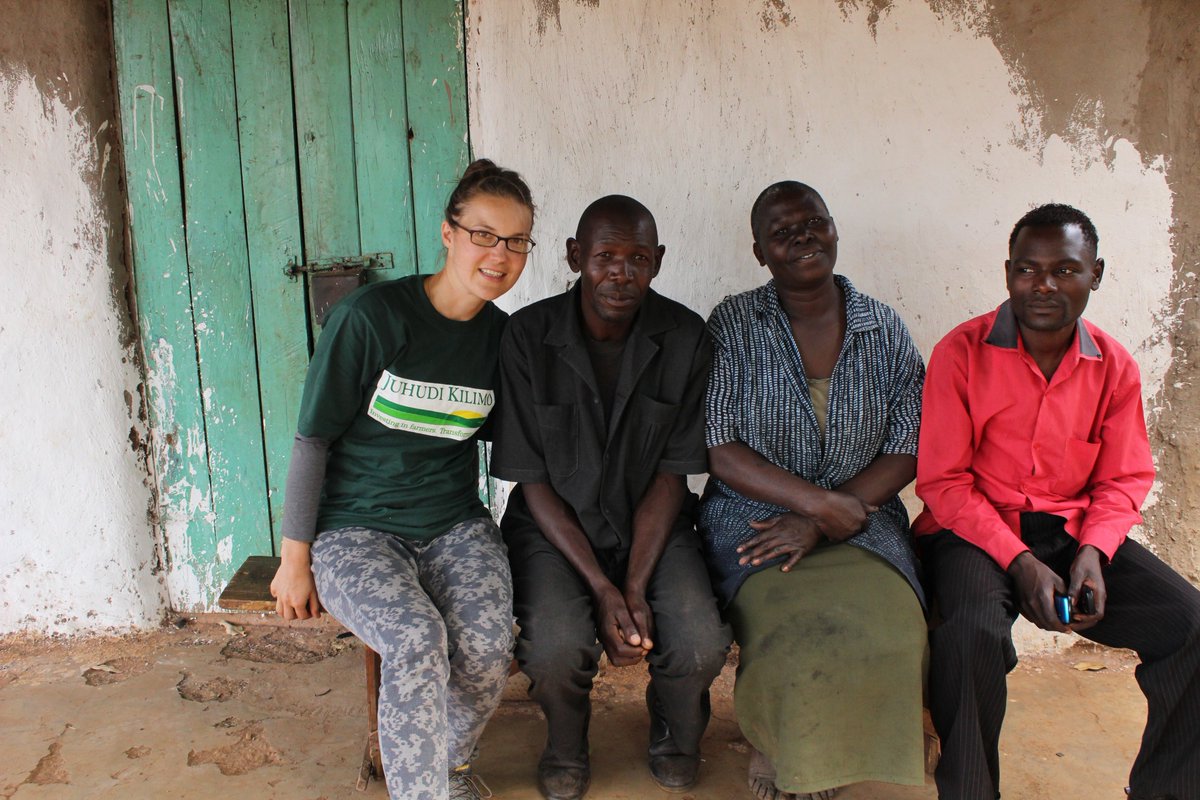I’ve got some exciting news to share, but first a story.
At 20 years old, I left my home in Belarus with $300 in my pocket and a backpack full of clothes. I arrived in America on June 8th, 2004.

At 20 years old, I left my home in Belarus with $300 in my pocket and a backpack full of clothes. I arrived in America on June 8th, 2004.
I had a thick accent and only a handful of English words at my disposal. I was good with numbers, curious about financial markets, and wanted to be closer to the financial center of the world, Wall Street.
But my story starts on Block Island, which is nearly 300 miles from Wall Street, and maybe even farther philosophically. When I arrived in America, kind strangers told me there were jobs there and I needed money to cover living costs and to save for grad school.
Right off the ferry, I walked into a local chamber of commerce and was directed to a nearby grocery store. The owner Mary Jane Balser offered me a job working in the deli section. My vocabulary grew, starting with condiments and improving from there.
I was so grateful for that deli job. Eventually, I was working mornings at a local inn as a housekeeper, evenings at a restaurant, and weekends at a gas station. My piggy bank grew and my dream of getting a master’s in finance started to become more real.
As my English improved, more doors opened. The Doukas family took a chance on me too. They hired me to be an au pair in their home in Scarsdale, New York. This gave me time to study and they were kind enough to drive me to my TOEFL and GMAT exams as I applied to schools.
I’ll never forget Bennet Wohl who ran the Gothic Inn, where I worked. He wrote a letter to schools recommending me and personally guaranteeing my ability to pay for tuition since I had zero credit. Without people like Bennet, my story probably ends here.
By the summer of 2005, I was enrolled in a graduate program and had found my way to Bridgeport, Connecticut. I was a bit closer to Wall Street, but I most remember being struck by the differences in the wealth when comparing Bridgeport to its neighbor, Fairfield, Connecticut.
My first job in finance was at AMG as a data analyst. Tom Hoffman and Preetha Rajkumar took a chance on this motivated Belarusian who had terrible English but was good with numbers. They saw something in me that I hadn’t seen in myself.
Thanks to their mentorship, four years after hiring me on to the Quantitative Investment Analytics team as a data analyst, I had a graduate degree, my CFA and CAIA designations, and was leading that same team. I’m forever grateful.
Later, at Summit Rock Advisors, the co-founder and CIO Nancy Donohue, showed me that women can be leaders in finance. That experience led me on a quest to see if I could combine investing and philanthropy into something that would generate financial returns and social impact.
Around that time, I lost my father. He had been my rock, inspiration, and role model. After this loss, I had to re-discover who I was. This led me to join the @Acumen Fellowship, and move to Kenya for @juhudikilimo
- a microfinance organization serving local farmers.
- a microfinance organization serving local farmers.
In Kenya, I got to help build financial products that tangibly improved people’s lives. I learned that to help someone succeed you need alignment of money, community, and skills. I was energized by what I had learned and inspired by the change financial innovation could drive.
I wondered what it would take to create an institution similar to Juhudi Kilimo in America that provided access to capital, a community, resources, and coaching to help bridge the wealth gap. I realized I didn’t need to build them, they already existed
These organizations are called Community Development Financial Institutions (CDFIs), they are certified by the U.S. Treasury and have the alignment of capital, skills, and community to help entrepreneurs and build more sustainable communities.
When I returned to the states, an old mentor connected me with Catherine Berman, who was familiar with CDFIs and looking to start a new venture. Together, we founded CNote to drive funding to underserved communities through CDFIs and help close the wealth gap in America.
Looking back at my journey, I can’t help but reflect on all the people that gave me an opportunity or that little push of encouragement to turn my dreams into a reality. To me, CNote is a way to provide a similar opportunity to others
Like Jamine, who was laughed out of a bank when she applied to get a small business loan. In response, she turned to one of CNote’s trusted CDFI partners and quickly received a loan and small business coaching.
Fast forward to now and Jamine has a thriving security business that’s generating over $1million dollars a year in revenue. https://www.mycnote.com/blog/skylar-security/
There are millions of Jamine's out there — people with ideas and drive but limited access to capital and the opportunity to build a business, or build their credit, and become economically independent. We want to change that.
So about that news...

 Today, I’m proud to announce that CNote has raised an oversubscribed $3 million investment round.
Today, I’m proud to announce that CNote has raised an oversubscribed $3 million investment round.


 Today, I’m proud to announce that CNote has raised an oversubscribed $3 million investment round.
Today, I’m proud to announce that CNote has raised an oversubscribed $3 million investment round.
This funding will help us build out our technology to streamline community investment, creating jobs in low-income and communities of color across America, equalizing access to capital, and the opportunity that comes with it.
While I know this funding round is just the beginning of a journey. I can’t help but imagine what 20-year old Yuliya would say if someone told her a company she helped build has created over 3,000 jobs with a mission of providing economic resources to underserved communities.
Many thanks to our lead investor @ManchStoryGrp and to all investors who are part of this funding round. And a special thanks to all the angel and seed investors that believed in us early on. https://prn.to/3nlvUXf

 Read on Twitter
Read on Twitter








